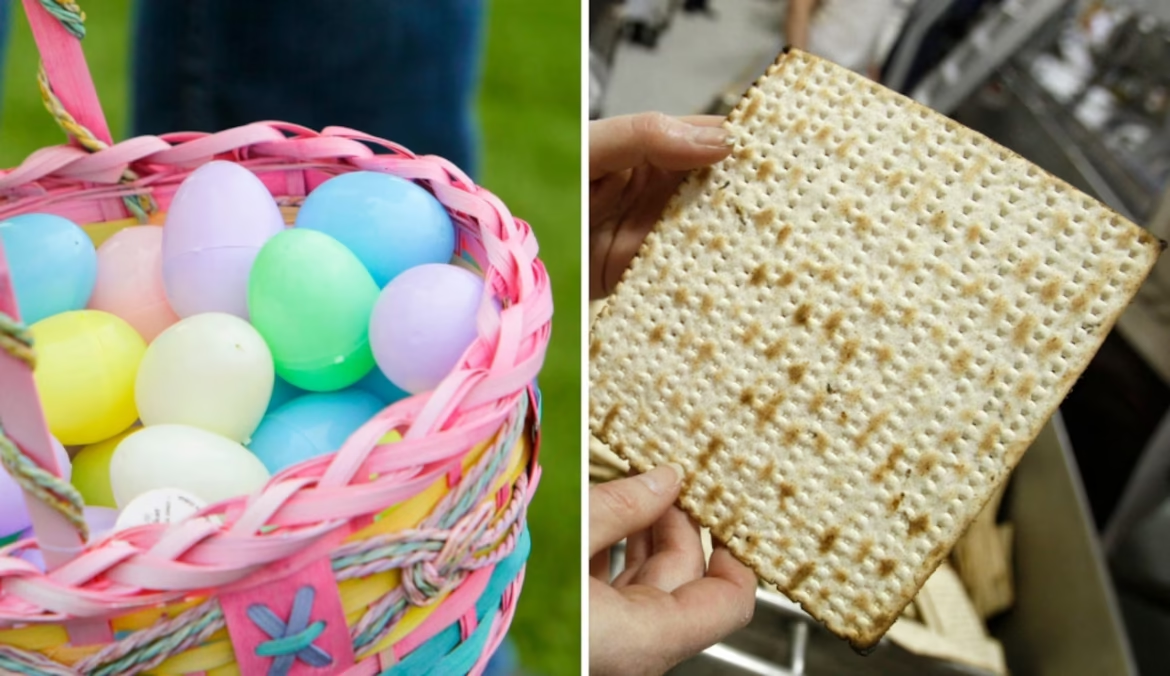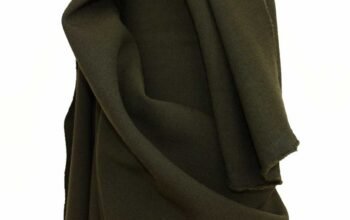Understanding how different cultures celebrate spring can feel a bit confusing, especially when two major holidays Easter and Passover show up around the same time every year. Many people ask the same question: Do Jews celebrate Easter? The short answer is simple, but the deeper story brings a rich mix of history, faith, and tradition worth exploring.
Below, you’ll find a clear and comprehensive walk-through of what Easter means in Christianity, how Judaism approaches the holiday, why Passover often gets mixed into the conversation, and how modern Jewish families navigate spring celebrations today.
Why People Ask “Do Jews Celebrate Easter?”
Curiosity often comes from the fact that Easter and Passover appear side by side on calendars. Both fall in early spring. It involve ancient stories. Both include family meals, symbolic foods, and time in community. On the surface they look related, so it’s natural to wonder how Jews see Easter, and whether Jewish households join in Christian celebrations.
Another reason people ask is because Jewish and Christian histories intertwine. Christianity grew out of Jewish roots, so people try to understand if shared ancestry means shared holidays. That overlap sparks some common confusion, and this guide clears it up step by step.
Represents in Christianity
Before answering whether Jews celebrate Easter, it helps to understand what Easter means to Christians.
Easter commemorates the Resurrection of Jesus, a core belief at the heart of Christianity. According to Christian tradition, Jesus rose from the dead three days after his crucifixion. This event symbolizes hope, salvation, and new life. Churches mark the day with services, music, prayers, and joyful gatherings.
Many families also embrace popular cultural symbols:
- Painted eggs
- Baskets
- Chocolate bunnies
- Family brunch
- Spring clothes or “Easter outfits”
These traditions vary by culture, but they all point back to Easter’s focus: celebrating Jesus as the Messiah.
The Clear, Direct Answer
No — Jews do not celebrate Easter as a religious holiday. Judaism and Christianity hold different beliefs about Jesus, so Easter does not appear anywhere in Jewish law, tradition, or cultural practice.
However, this doesn’t tell the whole story. Some Jews might still attend an Easter lunch with friends. Jewish kids might join a neighborhood egg hunt. Interfaith families sometimes blend customs. These activities are social in nature, not religious.
So while the answer is no, Jews do not celebrate Easter religiously, there are moments when Jewish individuals or families may participate socially, depending on their comfort level and their relationships.
Key Religious Reasons
Jewish Beliefs About Jesus
Judaism sees Jesus as a historical figure — a Jewish teacher, not a divine figure or Messiah. Because Easter centers on the Resurrection, the holiday doesn’t align with Jewish theology. That’s the primary reason Jews don’t observe Easter.
Jewish Law and Participation in Religious Rituals
Jewish law cautions against participating in rituals belonging to other religions. For example:
- Attending a church service as a worship act
- Taking part in Resurrection-themed prayers
- Joining in rituals considered sacred in Christianity
These activities are viewed as religious, not cultural. Secular traditions like egg hunts, however, fall into a different category and are generally not considered religious.
Passover vs Easter: Why People Mix Them Up
Spring brings both holidays at once, so they often get mentioned together. Historically, the events surrounding Jesus’s life in the New Testament take place during Passover, which ties the stories together in many minds.
Shared Timing on the Calendar
Passover and Easter usually occur within the same week or two. That overlap fuels the question: Do Jews celebrate Easter or something similar?
Key Differences Between Passover and Easter
Below is a simple table to clarify the distinction:
| Aspect | Passover (Jewish) | Easter (Christian) |
| Core Meaning | Exodus from Egypt and freedom from slavery | Resurrection of Jesus |
| Scriptural Source | Book of Exodus (Hebrew Bible) | New Testament |
| Rituals | Seder, matzah, symbolic foods | Church services, communion, Easter eggs |
| Date | Based on Hebrew calendar | Based on Christian liturgical calendar |
| Food Rules | No leaven for 7–8 days | No specific food restrictions |
Why Passover Is the Jewish Spring Holiday People Think Of
Passover features storytelling, symbolic foods, family gatherings, and long-standing traditions. It’s the closest Jewish parallel to Easter in timing but not in meaning.
Cultural Ways
Interfaith Families Navigating Two Traditions
In homes with one Jewish parent and one Christian parent, springtime may include:
- A Passover Seder
- An Easter egg hunt in the backyard
- A meal where relatives from both sides gather
- Conversations about respecting each other’s beliefs
These families often create thoughtful and personal blends of customs.
Secular Participation Among Non-Religious Jews
Some Jews who are secular (not religiously observant) might join:
- Workplace Easter lunches
- Community egg hunts
- Spring festivals with colorful décor
They enjoy the cultural side but skip the religious elements.
Foods or Symbols?
Chocolate Eggs, Candy, and Bunnies
Jewish individuals may enjoy Easter-themed treats, especially when they’re not tied to religious symbolism. Stores sell plenty of kosher-certified spring candies, making them accessible for anyone who wants them.
Passover Restrictions Affect Easter Foods
If Easter falls during Passover, some foods become tricky. Jews observing Passover avoid:
- Bread
- Pasta
- Leavened baked goods
- Many processed foods that contain grains
So chocolate eggs are fine if they are kosher for Passover, but cakes, cookies, and pastries usually aren’t.
Interfaith Celebrations
Jewish communities today often encourage respectful dialogue and shared understanding. Many people attend interfaith gatherings to support family or friends, while still honoring their own traditions.
Some common approaches include:
- Joining a meal but not participating in rituals
- Bringing Passover-friendly foods if both holidays overlap
- Teaching children the meaning behind each holiday in age-appropriate ways
- Focusing on family unity rather than theological differences
A quote commonly shared in interfaith circles says:
“Different beliefs don’t divide families; silence about those beliefs does.”
Common Questions
“Can Jews go to an Easter dinner?”
Yes, as long as they’re comfortable. The meal itself is social, not religious. If Easter and Passover overlap, food restrictions may apply.
“Can Jewish kids join Easter egg hunts?”
Yes. Egg hunts are cultural and playful, not religious. Many Jewish families see them as harmless fun.
“Is Easter offensive to Jews?”
No. Easter is a Christian holiday with deep meaning for Christians. Jewish communities generally respect that, just as Christians respect Jewish holidays.
“Why do Jews celebrate Passover instead of Easter?”
Passover is rooted in Jewish scripture and tradition. Easter is rooted in Christian belief. The two holidays serve completely different purposes.
Final Thoughts
Even though Jews do not celebrate Easter religiously, spring remains a season filled with meaning for both faiths. Passover celebrates freedom. Easter celebrates resurrection and hope. Understanding the differences helps people connect with respect and curiosity.
In a world filled with diverse beliefs and blended families, learning about each other’s traditions encourages kindness. Asking questions like “Do Jews celebrate Easter?” opens the door to deeper understanding and richer relationships.



